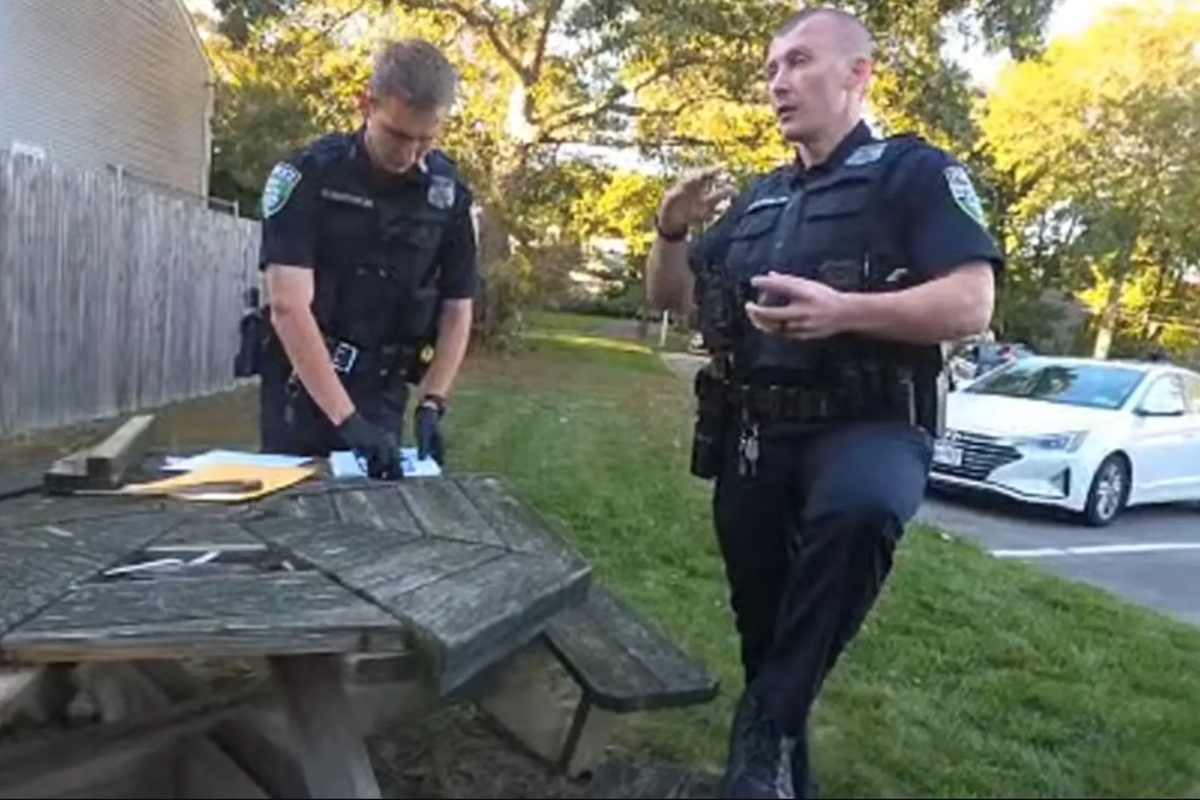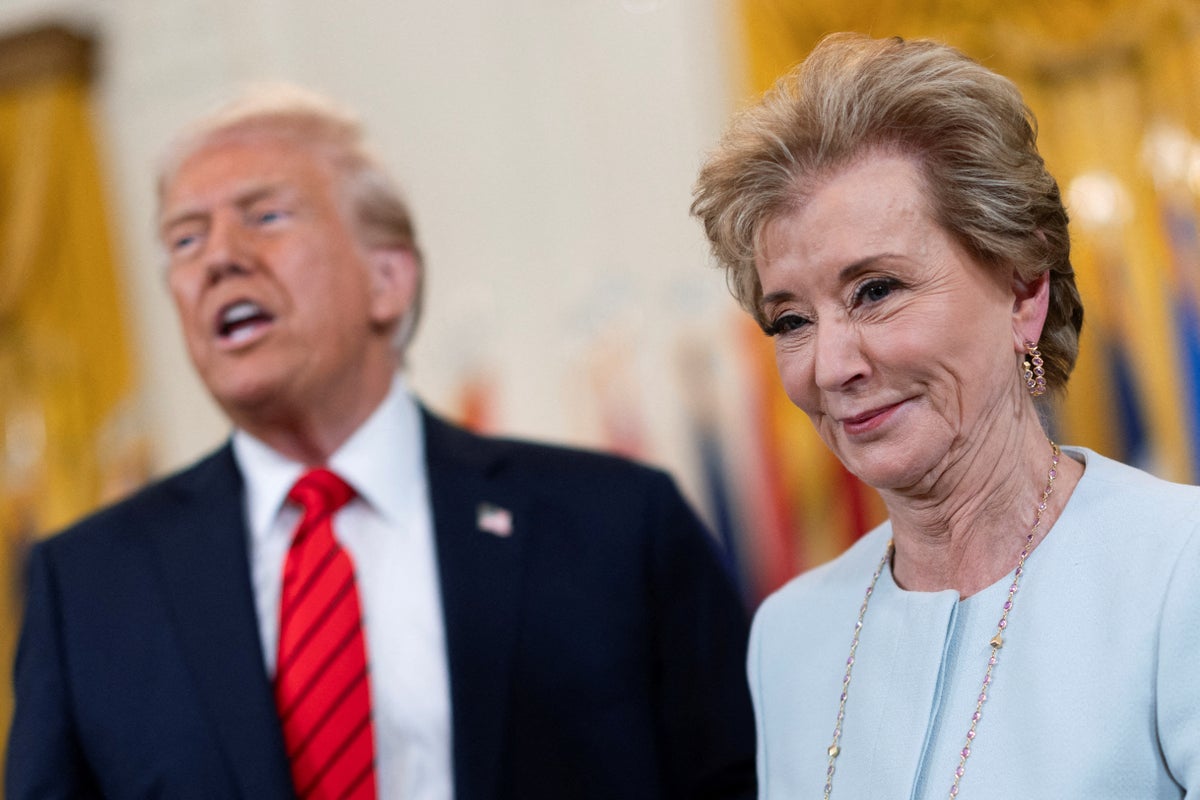 Chicago Mayor Brandon Johnson speaks during a press conference on Septemer 16, 2025. (Twitter)
Chicago Mayor Brandon Johnson speaks during a press conference on Septemer 16, 2025. (Twitter)The Chicago Office of Inspector General (OIG) recommended the firing of a senior aide to Mayor Brandon Johnson after finding the aide failed to cooperate with an investigation into allegations that they tried to pressure a City Council member to vote for mayoral legislation in exchange for city services. But Johnson rejected that recommendation and continues to keep senior advisor Jason Lee on the city payroll.
According to the inspector general’s quarterly report released Wednesday, the probe began after 34th Ward Ald. Bill Conway alleged that Lee told him city services could help remove problematic homeless encampments in the West Loop—if Conway voted in favor of key mayoral initiatives.
After the OIG’s report came out on Wednesday, Conway tweeted it “seems the 5th Floor pled the 5th.”
“The Mayor’s Office’s lack of cooperation in this investigation and rejection of
@ChicagoOIG recommendations is demoralizing and disregards the transparency and accountability Chicagoans deserve,” the freshman alderman said.
Conway had been pushing to clear encampments under viaducts in his ward that he said had become hubs for crime, with police linking them to shootings and drug activity. Given Lee’s linking of city services with Conway’s legislative votes, the alderman filed a complaint with the inspector general.
The OIG said its investigation could not substantiate whether Lee actually conditioned public safety services on political support because Lee refused to cooperate. But the report found he violated city personnel rules and municipal code provisions requiring employees to assist in inspector general investigations.
OIG said its investigators first contacted Lee by phone in October 2024 to schedule an interview. Lee said he would call back but did not and eventually told OIG he intended to have a Department of Law attorney present for his OIG interview. Investigators declined to participate in an interview if city lawyers were present and instead sent written questions to Lee in February, according to OIG.
“OIG did not receive any acknowledgment to its transmission email or any response by the initial deadline,” investigators wrote. “OIG followed up by voicemail and by email… and communicated that it would continue its investigation and potentially consider the subject’s failure to respond as a violation of their duty to cooperate.”
The OIG recommended that the Mayor’s Office fire Lee and bar him from future city employment, transmitting its report to the administration on June 30. The Mayor’s Office did not review the report until late July and asked for more time to respond, according to the inspector general.
Days later, OIG said it was contacted by a private attorney representing Lee, who claimed to have tried to reach the office weeks earlier to signal cooperation, though the attorney could not produce any record of contact, the OIG report said. Investigators declined to reopen the case and reaffirmed their recommendation that Lee be dismissed.
In its formal response, signed by another senior Johnson aide who participated in the probe, the Mayor’s Office rejected the inspector general’s findings and defended Lee’s conduct. The administration argued that the aide did not “willfully impede” the investigation and accused the inspector general of creating “unjustifiable” obstacles by refusing to conduct an interview with a city attorney present.
The Mayor’s Office also cited a city law that gives the Department of Law authority to represent employees in inspector general interviews, a law that did not exist until after OIG began its investigation of Lee.
The inspector general disagreed, noting that the rules in place during the incident clearly required cooperation.
“OIG was unable to gather sufficient evidence to conclude by a preponderance of the evidence whether the subject engaged in misconduct related to the original allegation,” the report said.

 12 hours ago
2
12 hours ago
2
.jpeg)


























 English (US) ·
English (US) ·